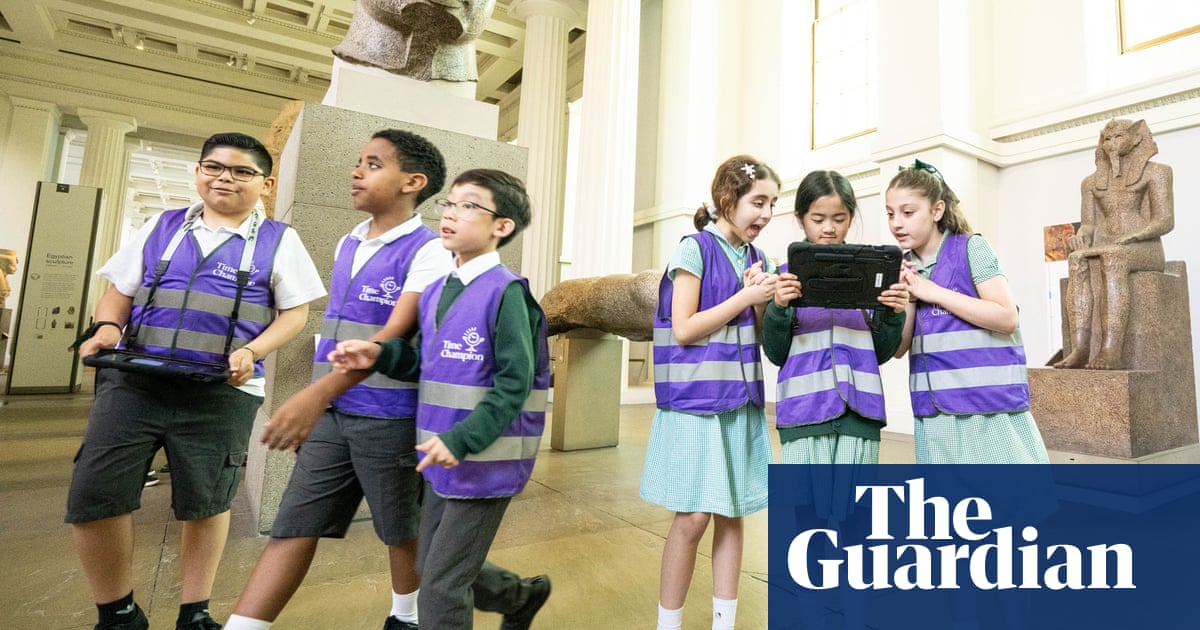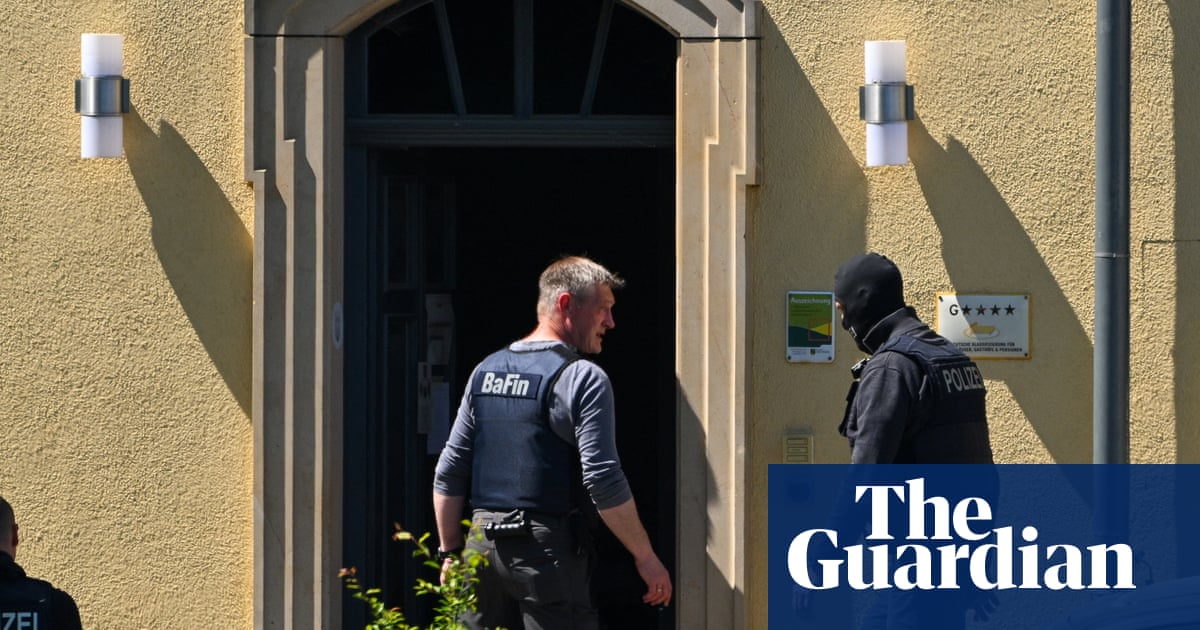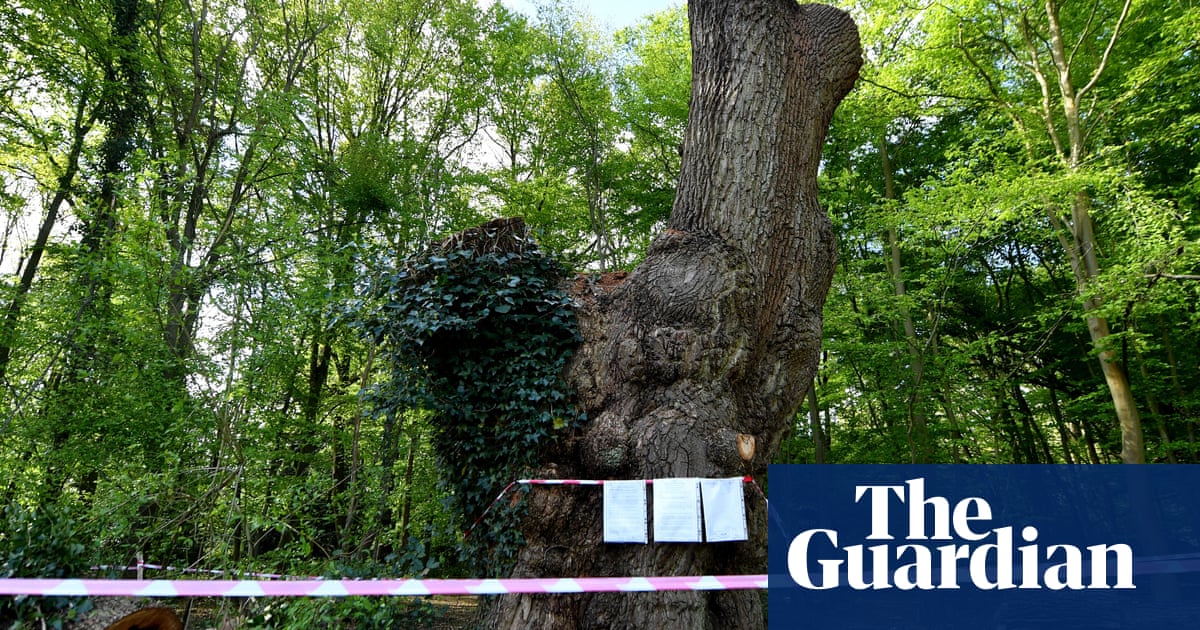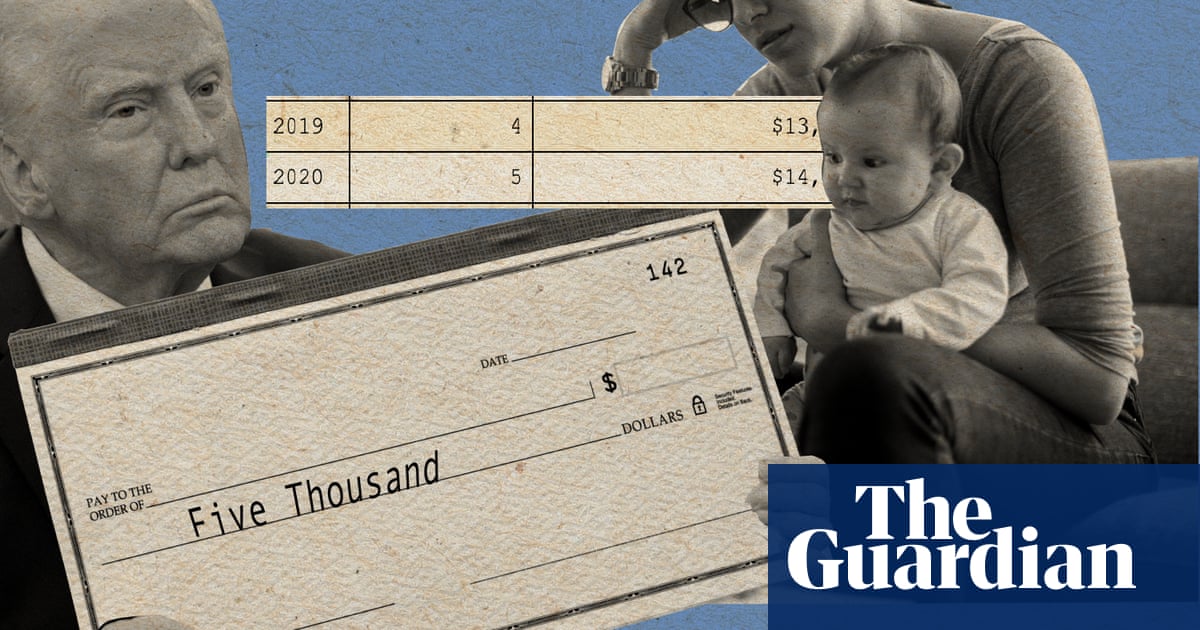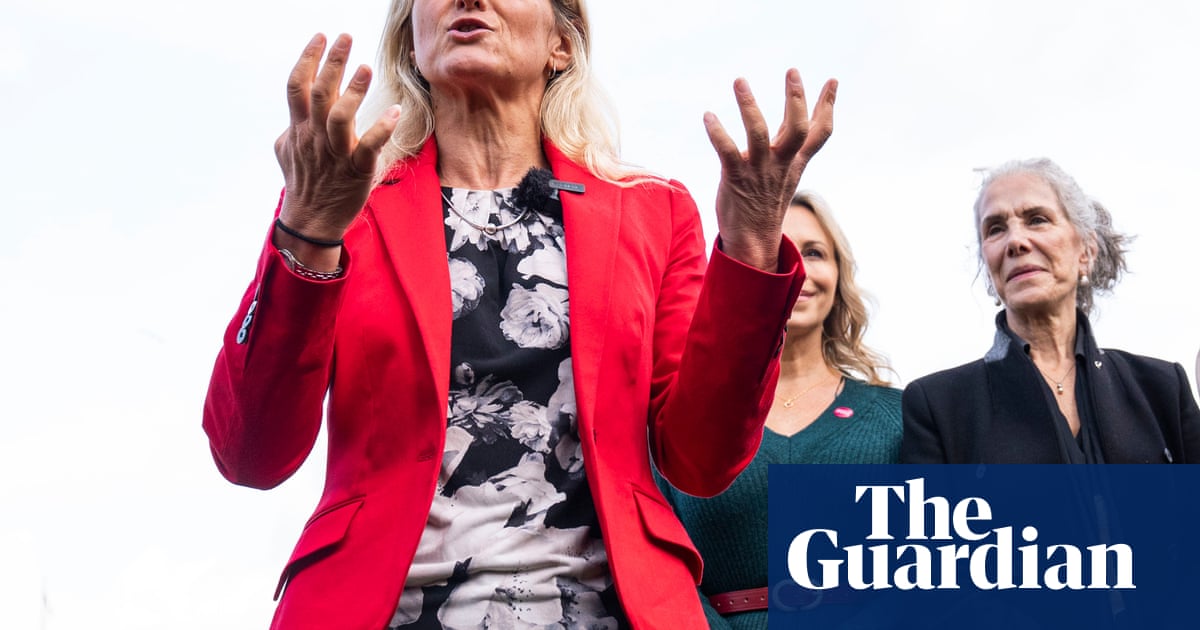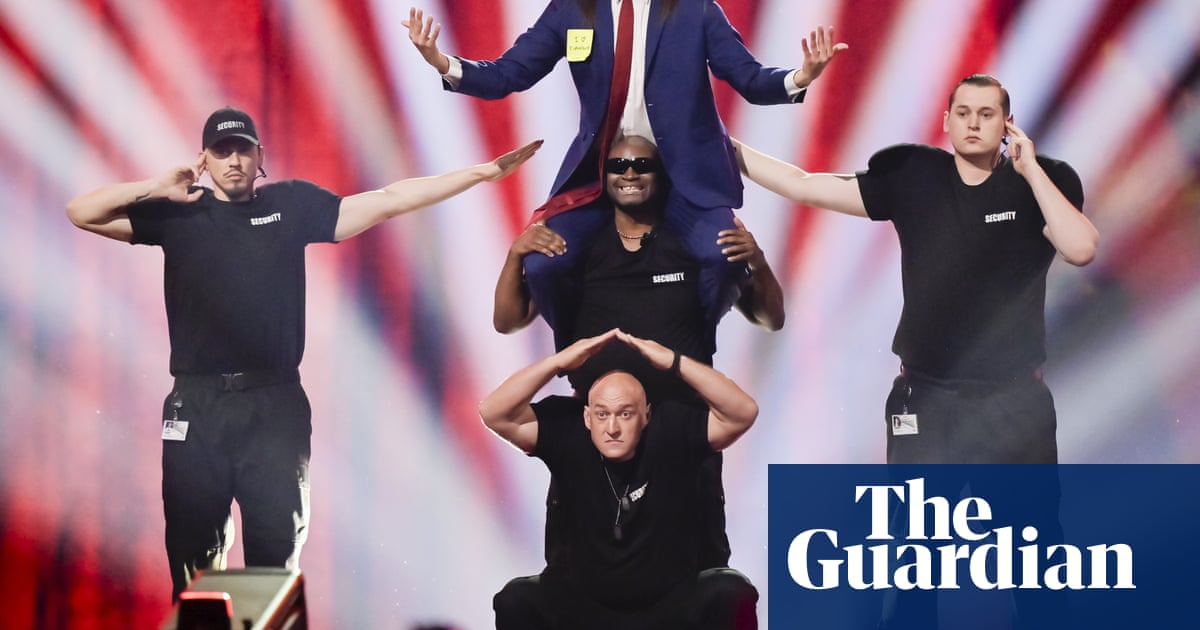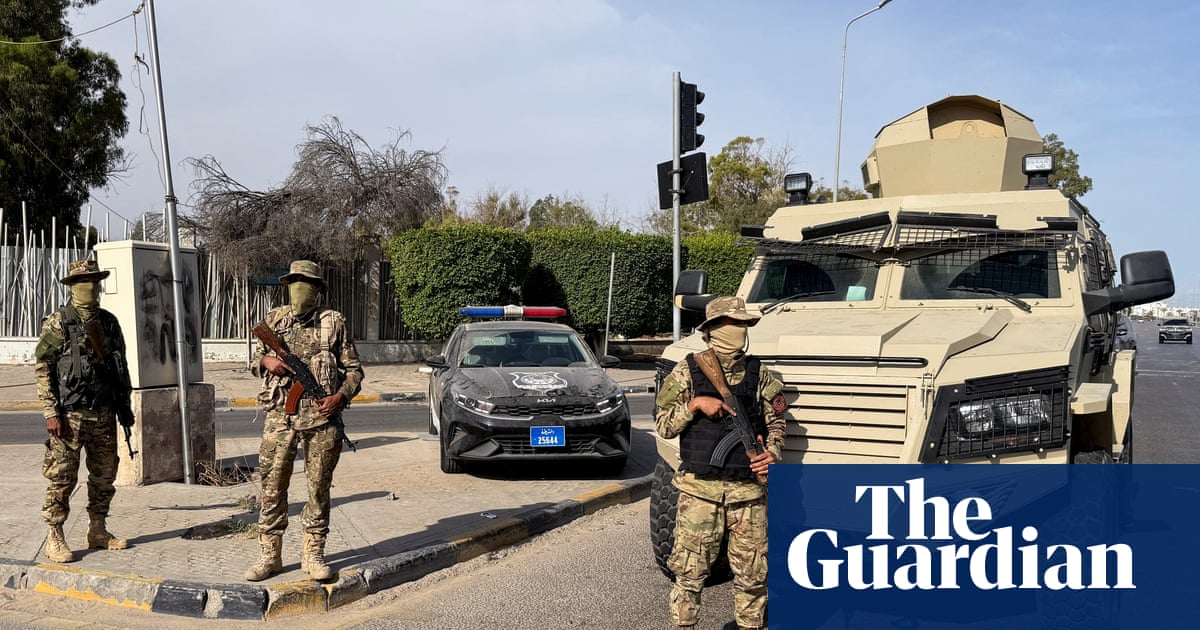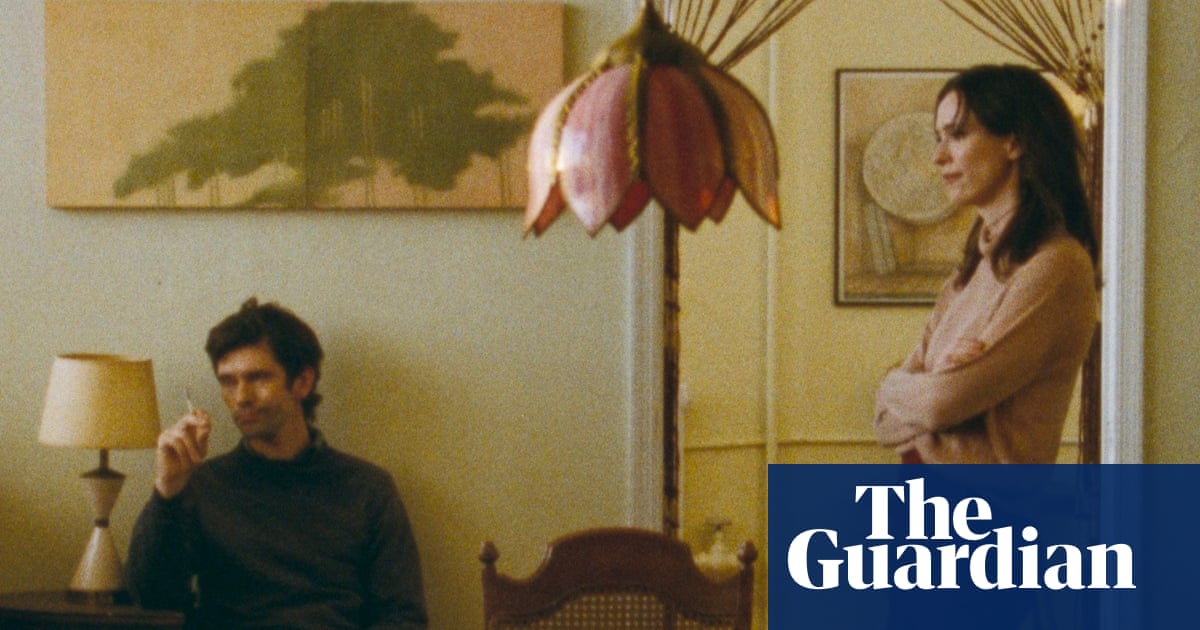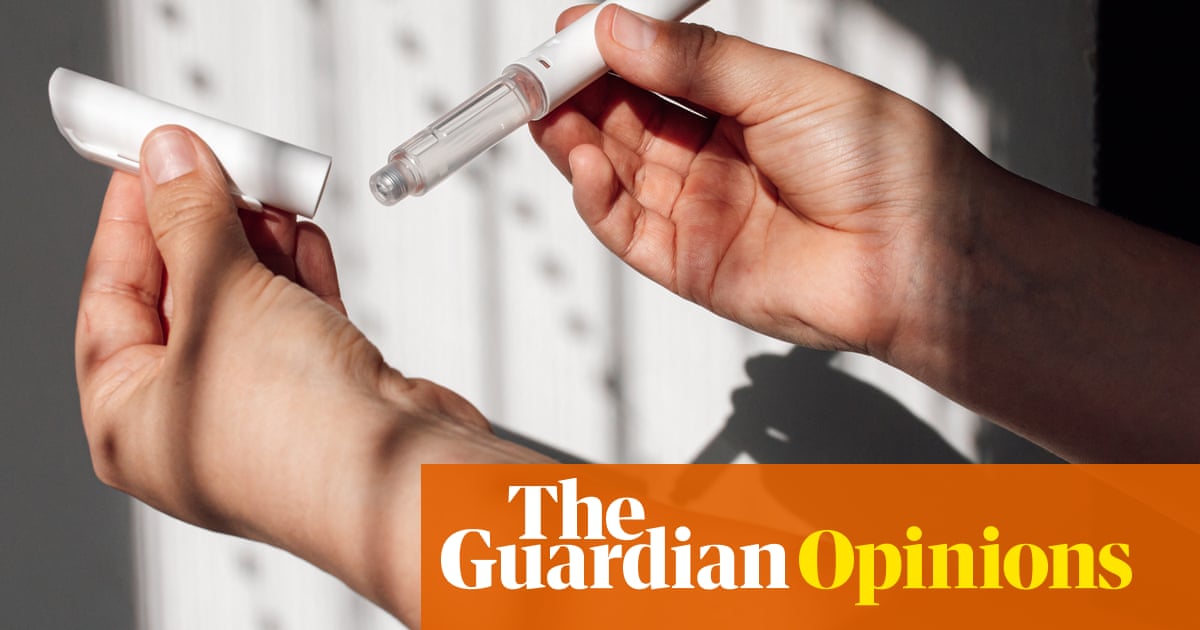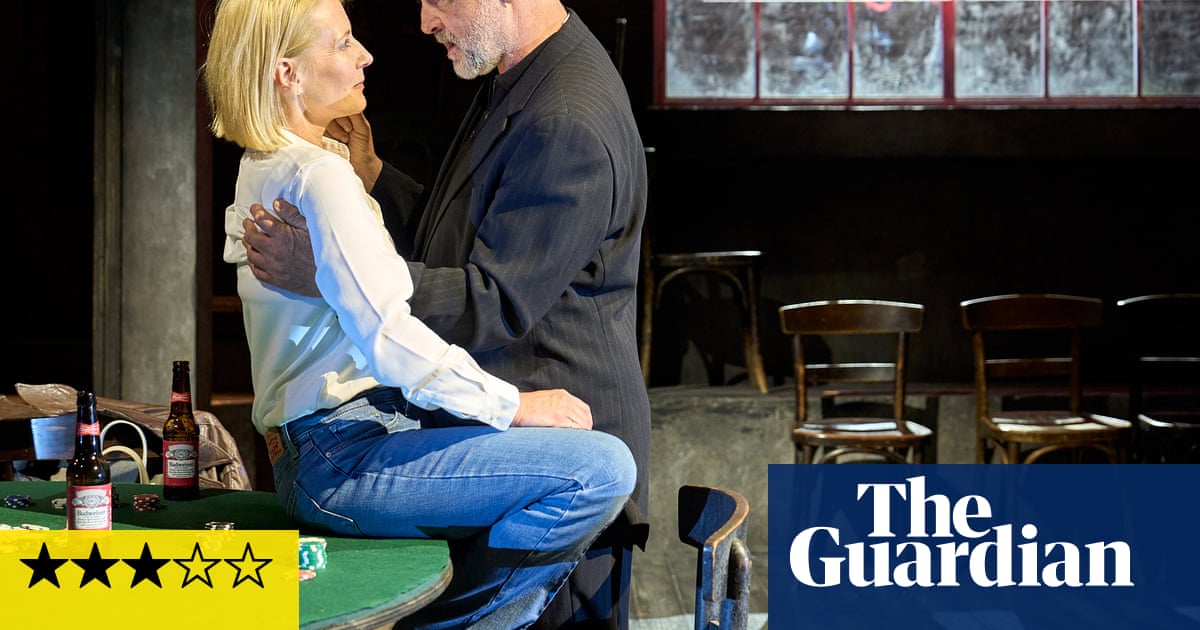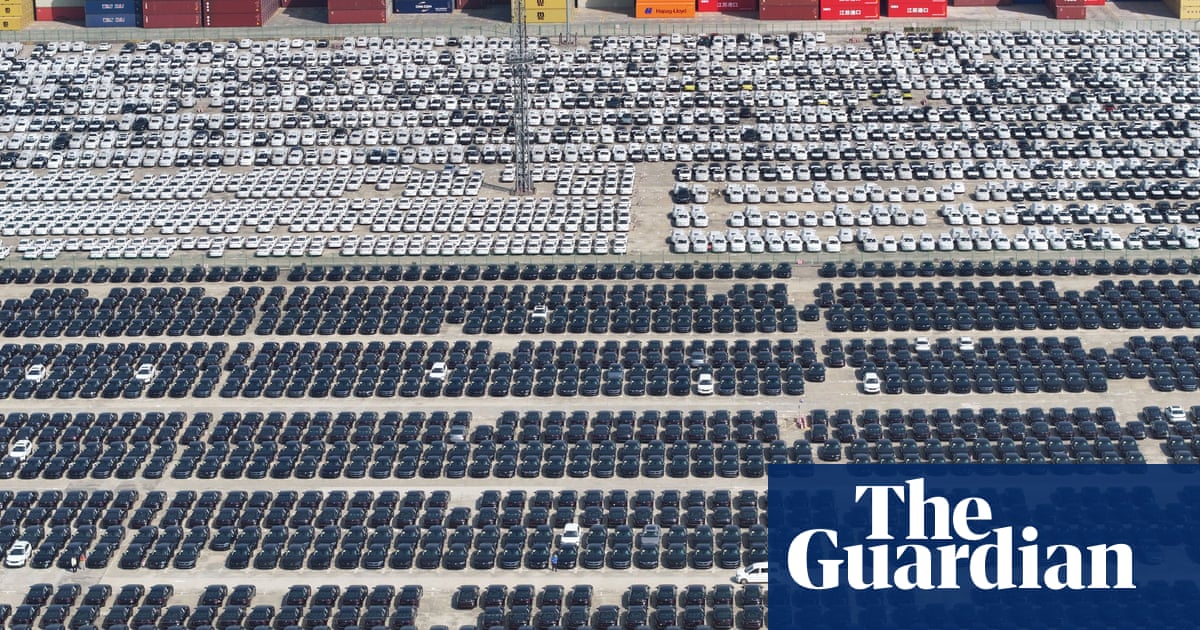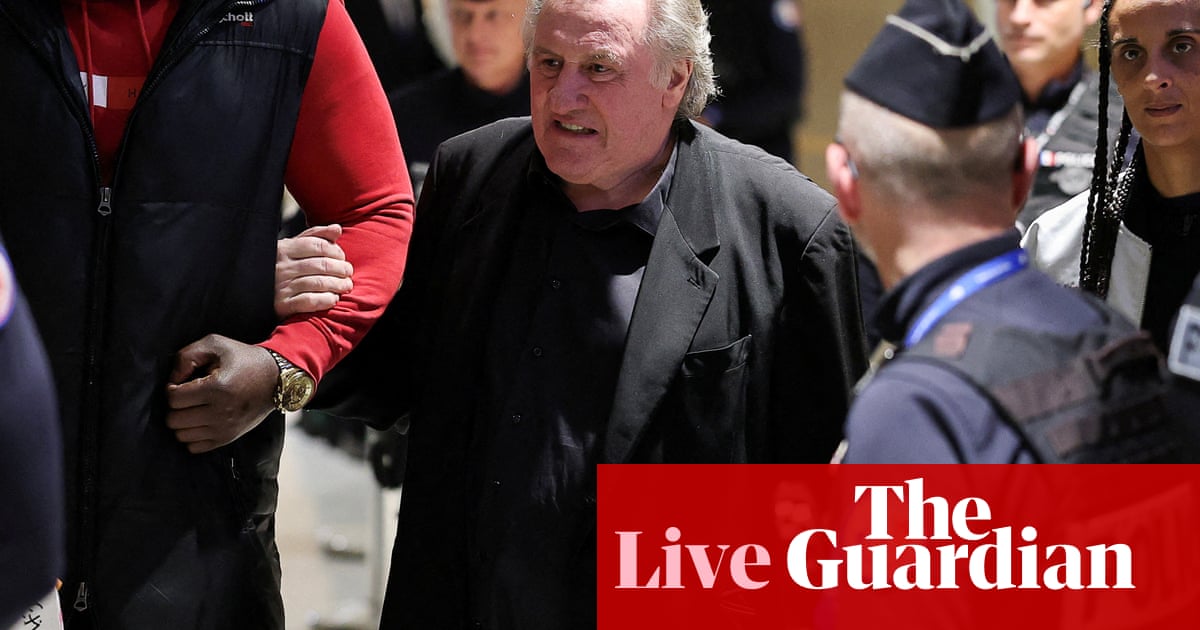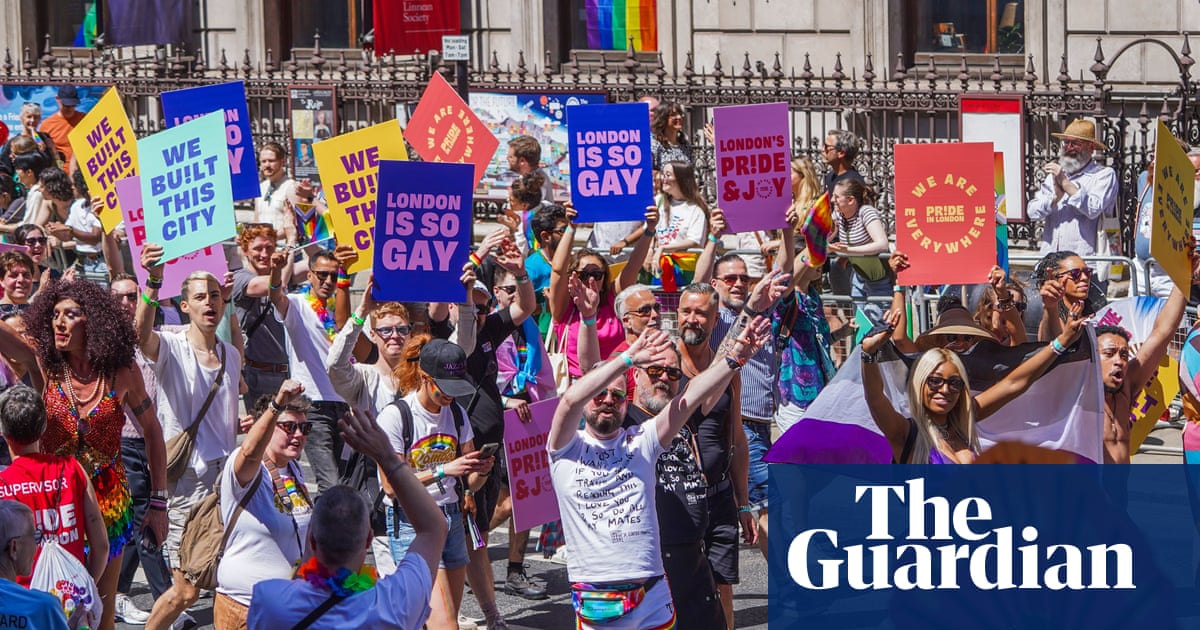Friday is a holy day for practising Muslims – a time to observe the faith more deeply and, where possible, attend prayers at the mosque. That’s exactly what Aboubakar Cissé did early on Friday 25 April.
In the southern French village of La Grand-Combe, Cissé, a 22-year-old carpenter originally from Mali, volunteered at his local mosque and was a familiar face among worshippers. So when he offered guidance through the prayers and rituals that Friday to a newcomer, a young man he did not know , it was an entirely natural gesture. The stranger, however, had come to prayers with very different intentions.
As Cissé bowed in prostration, he was stabbed with a knife 57 times. The assailant then posted a video on Snapchat of his victim writhing in agony in a pool of blood. In the video, a man can be heard saying “I did it” and insulting Allah.
Yet in France, this death – and apparent targeting of a Muslim worshipper – has not been unequivocally understood as a hate crime.
Ongoing controversy around the case is a dismaying reminder of how institutionally Islamophobic France is. For more than a fortnight, there have been public protests at the inadequacy of the investigation, the biggest of which so far took place in Paris on Sunday. But, with some notable exceptions, in political and media circles more time has been devoted to debating whether a horrific killing in a place of worship deserves to be called “Islamophobic” than the terrifying implications of such violence for Europe’s biggest Muslim population.
Right from the outset we can see double standards: following a misleading steer from the public prosecutor’s office, much of the French media including national news networks wrongly framed the atrocity as a dispute between worshippers, repeating this fake narrative over and over.
After three days on the run, the suspect, a 20-year-old French national named as Olivier H, gave himself up to police in Italy. The suspect’s lawyer denied that his client harboured any hatred towards “Muslims or mosques”. He has been charged in France with murder aggravated by premeditation on grounds of race or religion. Yet this was deemed insufficient to classify the case as a terrorist incident. The killing was an “isolated event”, the public prosecutor said, the suspect “driven by a violent urge, rather than ideology”.
The political reactions one might reasonably have expected after violence of this nature in a mosque never came either.
Bruno Retailleau, the interior minister who is also responsible for religious affairs, posted a brief message of solidarity with the Muslim community on the day of the killing. But he did not cancel any public engagements (numerous, as he is campaigning for the leadership of the conservative party Les Republicains) to immediately visit the town as he has done after other violent incidents.
It took another full 24 hours for the prime minister, François Bayrou, to condemn the “vile Islamophobia … shown on video” and another day after that for the president, Emmanuel Macron, to publicly comment, expressing condemnation of “racism” and “religious hatred” in France. He was quicker to express solidarity following an attack in Vancouver – where a driver rammed a crowd – even though that tragedy, during a Filipino cultural event, occurred a day after the mosque attack in France.
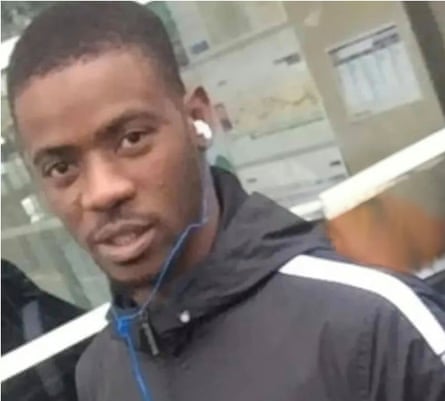
According to Mediapart, no member of the government nor any representative of the state took part in a silent march in La Grand-Combe. When Retailleau eventually showed up in the town on 27 April, a lack of urgency criticised even within his own party, he limited his presence to closed-door talks at the sub-prefecture and announced security protection for mosques. He neither went to the mosque nor met the victim’s family.
Asked in a TV interview about the delay, Retailleau blamed his caution on uncertainty about the motivation for the crime, despite the video and the anti-Muslim sentiment the suspect had allegedly posted online. Throughout, Retailleau referred to the victim simply as “the individual”, never using his name, and later blamed the murder on our “multicultural society”.
When a minute’s silence at the national assembly was proposed, the president of the chamber, Yaël Braun-Pivet, initially refused, claiming that minutes of silence were not observed for “individual cases”. Yet a few months earlier, silence had been observed for a young woman murdered by an undocumented immigrant, as well as for a French hostage killed while being held by Hamas.
Braun-Pivet eventually relented, but her counterpart in the senate refused to follow suit, claiming: “We only hold minutes of silence … for serious events, particularly terrorist attacks.”
Why are France’s highest-ranking politicians so reluctant to call a horrendous assault a terrorist incident? The suspect apparently expressed a wish to strike at other Muslims in the video he allegedly posted on social media. Why does it seem so hard to see the obvious?
Mourad Battikh, a lawyer representing Cissé’s distraught family, rightly described the decision not to have the case dealt with by the national anti-terrorism prosecutor’s office as “shocking”, and the first killing in a place of worship not to be treated as ideologically motivated.
after newsletter promotion
But there is a pattern here. When Muslims are targeted by hate crimes, the attackers’ motives are rarely, if ever, labelled as they should be. There is, as the journalist Widad Ketfi has pointed out, a glaring double standard for how attacks are reported depending on whether victims are in a mosque or at a synagogue.
A few weeks before Cissé’s murder, Politis detailed the staggering number of mosques that have been subjected to violence in recent years (33 in the past 10 years). Most of these crimes have gone unpunished by the justice system, were weakly condemned by political leaders and under-covered by the media. Islamophobia is rampant and yet, in its most violent expression, it is constantly downplayed as random crime and reported in forgettable headlines reserved for “faits divers” (news in brief), barely worthy of national news attention.
Incredibly, the word Islamophobia itself is still contested. Some ministers, including Retailleau, refuse to use it, alleging that it was created by Islamist extremists to prevent any criticism of Islam. That fake news was debunked two decades ago. But the absence of a basic consensus on the term speaks volumes about the denialism surrounding the reality of Islamophobia as a form of racism.
And yet, the facts are undeniable. Between January and March 2025, the number of recorded Islamophobic incidents in France rose by 72% compared with the same period in 2024.
In the days after Cissé’s death, a man was arrested near a mosque carrying a butcher’s knife, while a woman wearing a hijab says she was assaulted in the street and had her headscarf forcibly removed. She was pushing her child in a pram. A man was run over and killed in front of his daughter last summer, after receiving explicitly Islamophobic threats. Yet his family is still fighting for the crime to be officially recognised as racially motivated.
It is not that Islam is not discussed in the public sphere. It is constantly debated. Whether it’s banning Muslim women from wearing headscarves in sports, the hyper-regulation of school dress codes, or the passing of a law whose Islamophobic consequences have been condemned by human rights organisations, the daily lives of Muslims are increasingly hemmed in by an ever more intrusive political agenda.
According to the NGO Sleeping Giants, in 2023 the words “immigration” and “Islam” appeared in the headline banners of CNews, the leading news network in France, 335 days out of 365.
Meanwhile, Islamophobic rhetoric continues to proliferate and escalate. At a recent political rally, Retailleau openly declared “Down with the veil”, which not only only breaches the principle of secularism but also undermines his role as minister for religious affairs and the state’s obligation to remain neutral.
After Aboubakar Cissé’s brutal death, one might have expected the government to announce a plan to tackle Islamophobia. In reality, our political leaders are among its main drivers.
-
Rokhaya Diallo is a Guardian Europe columnist

.png) 8 hours ago
4
8 hours ago
4
